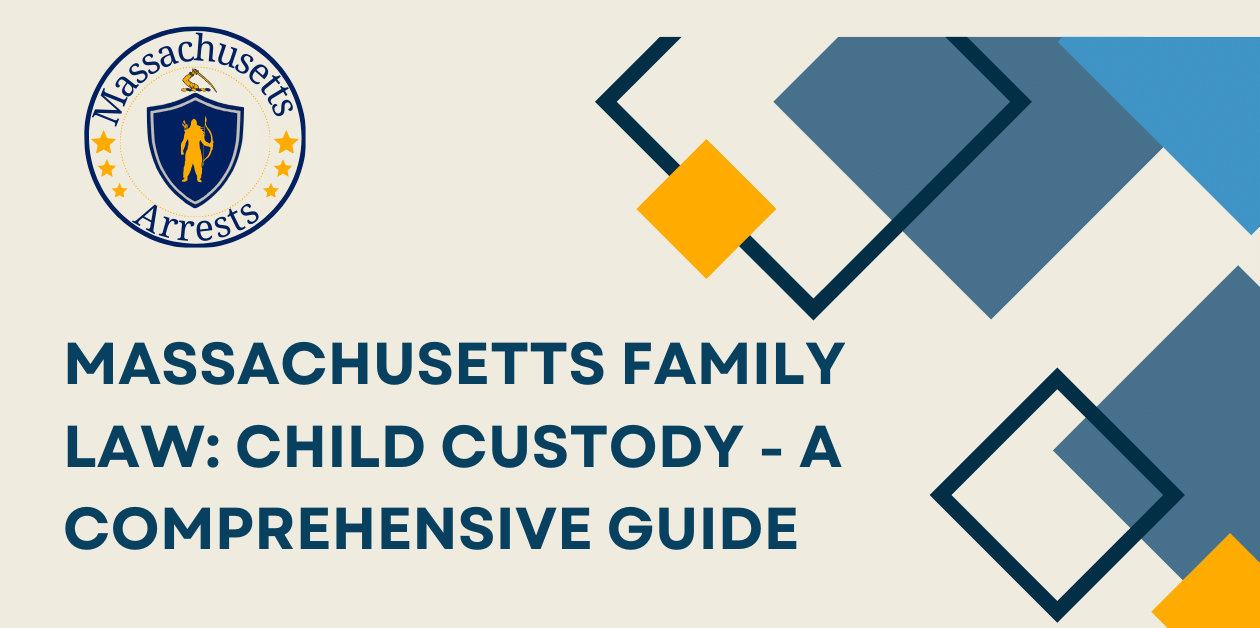Massachusetts Family Law Child Custody – A Comprehensive Guide
Massachusetts Family Law: Child Custody – A Comprehensive Guide is an invaluable resource for anyone navigating the complexities of child custody in the state of Massachusetts. Whether you are a parent going through a divorce or a concerned family member seeking custody rights, this comprehensive guide will provide you with the knowledge and insights you need to understand the legal process and make informed decisions.
With years of experience in family law, our team of expert attorneys has compiled this guide to help you navigate the intricacies of child custody cases. From understanding the different types of custody arrangements to learning about the factors that courts consider when making custody decisions, this guide covers it all. We have broken down complex legal concepts into easy-to-understand language, ensuring that users of all levels can benefit from the information provided.
Understanding Different Types of Custody Arrangements
In this section, we will delve into the various types of custody arrangements that you may encounter during your child custody case in Massachusetts. It is important to understand these different arrangements as they can greatly affect the rights and responsibilities of each parent.
Sole Custody
Sole custody is when one parent is granted full custody of the child, and the other parent has limited or no rights in making decisions regarding the child’s upbringing. This type of custody is usually awarded in cases where one parent has been deemed unfit or incapable of providing a safe and stable environment for the child.
Joint Custody
Joint custody, on the other hand, involves both parents sharing the legal and physical custody of the child. In this arrangement, both parents have an equal say in making decisions about the child’s welfare and upbringing. Joint custody is often preferred by the courts as it promotes the involvement of both parents in the child’s life.
Factors Considered by the Courts
When making custody decisions, Massachusetts courts take into account various factors to determine what is in the best interests of the child. It is crucial to understand these factors as they can greatly influence the outcome of your custody case.
Child’s Best Interests
The primary consideration in any custody case is the best interests of the child. The court will evaluate factors such as the child’s relationship with each parent, their physical and emotional well-being, and their educational and social needs. It is important to present evidence that demonstrates your ability to provide a nurturing and stable environment for the child.
Parental Fitness
The court will assess the fitness of each parent by considering factors such as their mental and physical health, their history of substance abuse or domestic violence, and their ability to meet the child’s needs. It is crucial to present yourself as a responsible and capable parent during the custody proceedings.
Legal Process and Your Rights
Understanding the legal process and your rights is essential when navigating child custody cases in Massachusetts. This section will provide you with the necessary information to ensure that you are well-informed and prepared throughout the proceedings.
Filing for Custody
Before filing for custody, it is important to familiarize yourself with the necessary paperwork and procedures. This section will guide you through the process of filing for custody, including the required forms, deadlines, and fees. It is crucial to adhere to the court’s requirements to avoid any delays or complications in your case.
Mediation and Alternative Dispute Resolution
In some cases, parents may be required to attend mediation or alternative dispute resolution sessions to try and reach a custody agreement outside of court. This section will explain the benefits of these processes and provide tips on how to effectively communicate and negotiate with the other parent.
By providing you with a comprehensive understanding of child custody in Massachusetts, our guide aims to empower you to make informed decisions and navigate the legal process with confidence. Remember, each custody case is unique, and it is important to consult with an experienced family law attorney to ensure that your rights and the best interests of your child are protected.
FAQs
What factors are considered when determining child custody in Massachusetts?
When deciding child custody arrangements in Massachusetts, the court considers several factors, including the child’s best interests, the child’s relationship with each parent, the parents’ ability to provide for the child’s physical and emotional needs, any history of abuse or neglect, and the child’s preference if they are old enough to express it.
Can grandparents in Massachusetts seek visitation rights?
Yes, grandparents in Massachusetts can seek visitation rights if it is in the best interests of the child. However, the court will consider various factors before granting visitation, such as the nature of the relationship between the grandparent and the child, the parents’ wishes, and any potential harm to the child.
How can I modify a child custody order in Massachusetts?
To modify a child custody order in Massachusetts, you need to file a complaint for modification with the court. You must demonstrate a substantial change in circumstances that warrants a modification and prove that the modification is in the child’s best interests.
What is the difference between legal custody and physical custody in Massachusetts?
In Massachusetts, legal custody refers to the authority to make major decisions regarding the child’s upbringing, such as education, healthcare, and religious upbringing. Physical custody, on the other hand, determines where the child will live and the day-to-day care provided by each parent.
What happens if the parents cannot agree on a child custody arrangement in Massachusetts?
If the parents cannot reach an agreement on a child custody arrangement, the court will make a determination based on the child’s best interests. The court may consider various factors, including the parents’ ability to cooperate, any history of abuse or neglect, and the child’s relationship with each parent.
Can child custody orders be modified in Massachusetts?
Yes, child custody orders can be modified in Massachusetts if there has been a substantial change in circumstances and it is in the child’s best interests. The parent seeking the modification must file a complaint for modification with the court and present evidence supporting the requested changes.







